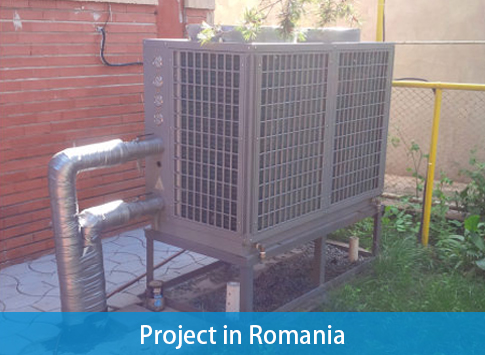A pool heat pump has three parts frequented by dirt, the heat exchanger, the fan blades, and the region inside. You have to turn off the power supply and unscrew the heat exchanger. When open, apply a degreaser to the exchanger using a soft brush. Give it time to loosen the soot and wash it using a garden hose. On the inside, ensure you clean the leaves and the muck, which accumulate with time on the pool heat pump’s bottom. A wet vac will suffice for the task. Lastly, with the fan blades, use a piece of clothing and a cleanser to clean the tips. The metal gills enclosing the fan should also be blown by a blower to remove accumulated dust.






